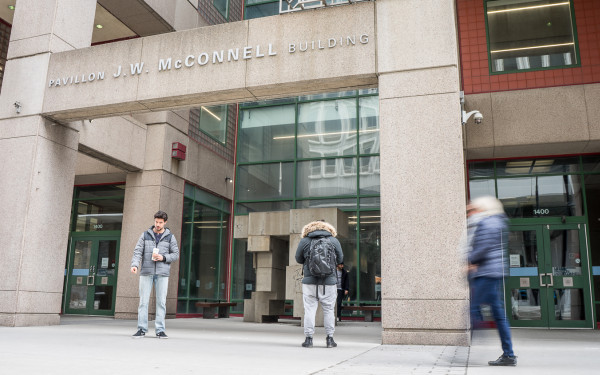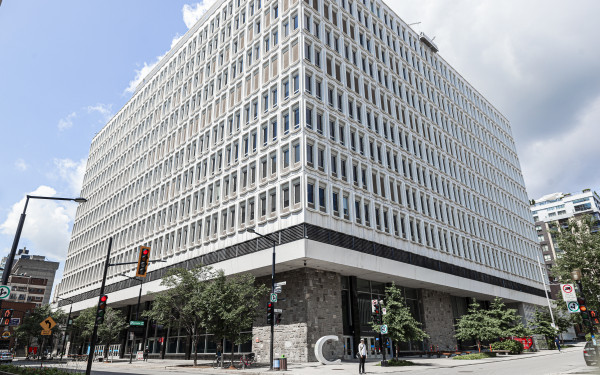Tuition hikes threaten student services
Concordia’s precarious financial situation can be felt in every corner of the school
Concordia University is facing what is being referred to as “extraordinarily challenging times” in the budget updates for the 2024-2025 fiscal year, leading to a drop in student services.
The Coalition Avenir Québec (CAQ) tuition hikes at English-language universities increased the tuition for out-of-province students to $12,000 and of international students to a minimum of $20,000. International students from France and francophones from Belgium pay out-of-province student fees.
Angelica Antonakopoulos is the Arts and Science Federation of Associations (ASFA)’s academic coordinator. She says the government has made the Quebec education system inaccessible.
“Our institutions, especially English institutions in the province of Quebec, have now been priced out of the game,” Antonakopoulos said.
Concordia is experiencing the largest drop in enrollment in its history, with a projected drop of 1,200 students for 2024-2025. Registration for out-of-province students has declined by 28 per cent and for international students by 11 per cent.
Concordia student groups and student unions are all funded by a fee-levy collected from each student’s tuition based on the number of credits they are taking. A decline in the student population leads to a decrease in funding for these groups.
According to Danna Ballantyne, the external and mobilization coordinator for the Concordia Student Union (CSU), the decrease in funding is already being felt by the CSU.
“We've had to forecast a decrease in budget because of a drop in enrollment,” Ballantyne said, “and that's affecting the CSU in basically every facet.”
Concordia’s goal is to reach a deficit of $34.5 million for the 2024-2025 school year, down from the original projection of a $78.9 million deficit, requiring $35.8 million in budget cuts.
According to CSU Campaigns research, students can expect to see fewer course offerings, larger class sizes and a loss in funding to programs deemed inefficient.
Adam Sermergian is ASFA’s mobilization coordinator. He says that students are unhappy about some of the university’s budget cuts, mainly regarding the reduction of the shuttle bus service.
“ASFA [is] really trying to promote that we, as students, should have a say on what gets cut and what does not get cut,” Sermergian said.
The government’s new tuition framework makes it so a bigger percentage of tuition fees is clawed back from universities in Quebec to be added to a government pool split between the whole university network.
Before the new tuition framework, the tuition fees for international students were deregulated, with universities in Quebec setting the tuition fee for international students and keeping all of the revenue.
The government pool has increased 54 per cent since last year, from $259 million to $400 million. English institutions account for 50 per cent of the clawback, but will only be receiving 20 per cent in return.
Penelope Higgins, CSU’s campaigns researcher, has been working on two reports that will be published shortly regarding the history and impact of the tuition hikes on the Concordia student population. She believes this clawback is a way for the government to avoid investing in universities.
“It is a way of cutting public funding for them. They take more money from student fees, [...] that gives the government more money to spend on universities that doesn't have to come from public funding,” Higgins said. “So it's a way of privatizing the source of funding for higher education.”
Higgins says that, regardless of tuition framework, international students are expected to pay for everyone.
“This is a larger and a longer fight for international students to be treated with justice, and to not be exploited as a source of funding to keep what are supposed to be state-funded public services in Canada alive,” she said.
Antonakopoulos says it’s important for students to care about tuition hikes because it is an issue that affects the entire student body.
“It's really important for students to be incentivized to care,” Antonakopoulos said. “Because, even though they are not being affected personally at their bottom line, it is their education that will ultimately be affected.”
This article originally appeared in Volume 45, Issue 1, published September 3, 2024.







